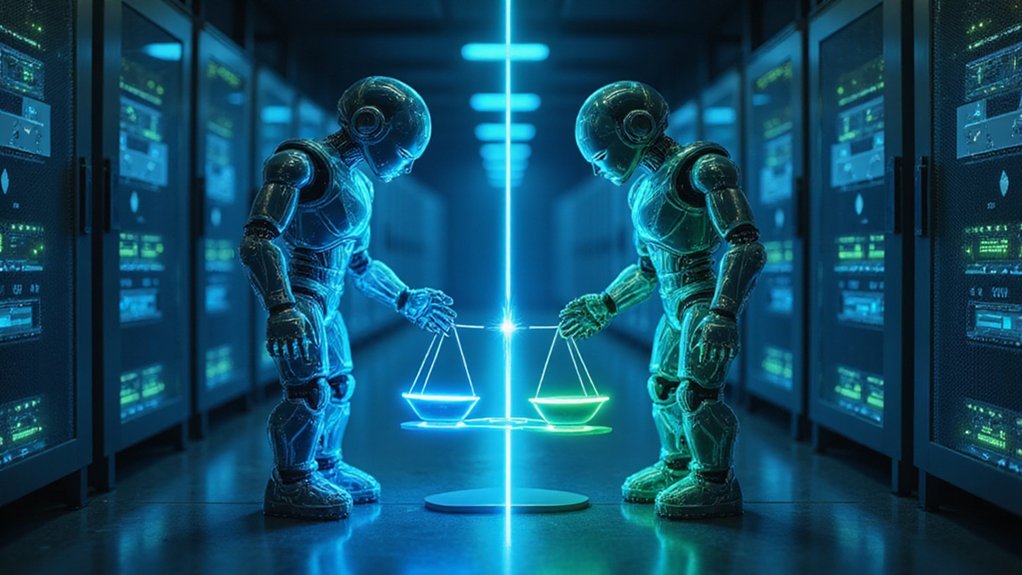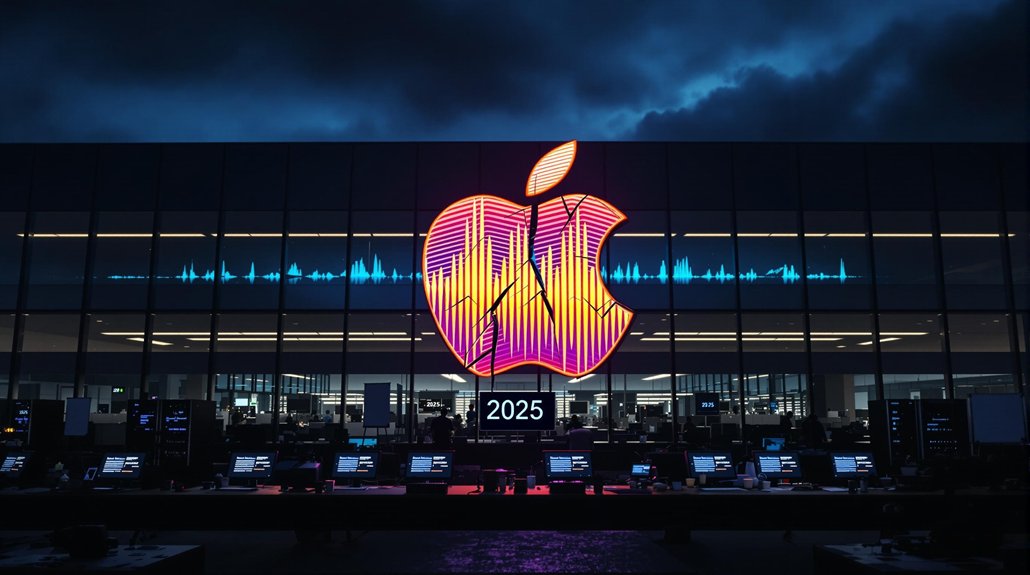ChatGPT’s new memory feature is making waves in the AI industry. The system now recalls user preferences, names, and projects across conversations. It’s a shift from simple Q&A to a more personalized experience. Users control what information is stored, addressing privacy concerns. While other AI tools focus on generating content or solving problems, ChatGPT’s memory creates ongoing relationships with users. The impact of this advancement may reshape how people interact with technology in their daily lives.
How will artificial intelligence interact with humans in the future? If OpenAI’s latest update to ChatGPT is any indication, the answer lies in creating more personalized, human-like experiences.
ChatGPT’s new memory feature stands out as a game-changing innovation that experts believe will outshine all other AI developments this year. The upgraded system can now remember important details about users across multiple conversation sessions. Unlike previous versions where each chat existed in isolation, ChatGPT can recall a user’s name, favorite colors, dietary requirements, and even ongoing projects. This means users won’t need to repeat the same information in every conversation.
ChatGPT’s memory feature revolutionizes AI by remembering user details across conversations, eliminating repetition and creating truly personalized experiences.
“It’s like having a personal assistant who actually remembers you,” says a tech analyst familiar with the system. The AI combines saved memories with insights from chat history to create a more complete understanding of each user. As people interact more with ChatGPT, the system becomes increasingly helpful. CEO Sam Altman has emphasized that these memory capabilities represent a significant step forward in making AI systems more useful over time.
Users maintain full control over their data. They can delete specific memories, clear all saved information, or disable the feature completely. For conversations that users prefer to keep private, a special “Temporary Chat” option guarantees nothing is remembered. OpenAI has emphasized that those who previously opted out won’t have their conversations referenced unless they actively turn on the memory function. This feature addresses privacy concerns that continue to be a major ethical challenge as AI adoption increases.
The practical applications are impressive. ChatGPT can now track complex projects over time, offer follow-up suggestions based on earlier conversations, and provide consistent, personalized recommendations. For example, if a user mentioned being vegetarian months ago, ChatGPT will remember this when suggesting recipes later. The upgrade has been deemed one of the most impactful AI developments of the year, potentially transforming how users engage with digital assistants.
“This represents a shift from query-based AI to truly assistive technology,” notes an industry observer. The memory feature transforms ChatGPT from a simple question-answering tool to something that evolves alongside its users, making it potentially the most significant AI advancement of the year.









